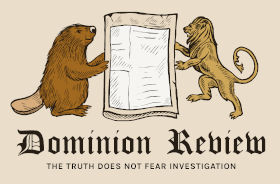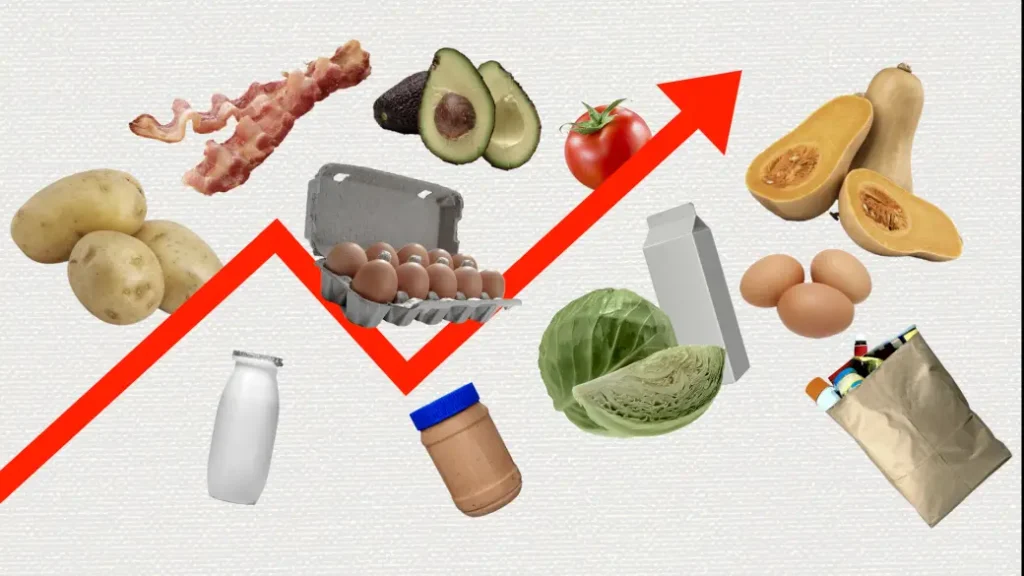Justin Trudeau on the Ropes: Governing in Troubled Times. Paul Wells. Sutherland House, 2024.
Donovan Rating: Highly recommend
It has been aptly remarked that a non-fiction book is an essay which has gone on too long. While I greatly enjoyed Samuel Huntingdon’s 368-page Clash of Civilizations, his brilliant thesis was first written as a much shorter article in the Foreign Affairs magazine – and still got his argument across.
Unlike Canada, bookstores in Europe are filled with brief non-fiction polemics discussing the issues of the day, allowing writers to reach readers with neither the time nor inclination for lengthy tomes. For this reason I commend Sutherland House on its series of Canadian current affairs essays published individually as physical books – Sutherland Quarterly.
In their latest release – just 95-pages – Paul Wells offers considerable insight into the man who over the past nine years has ignited love, rage, and revulsion in a normally placid people. Why the title? Apparently, Justin Trudeau still thinks about his 2012 boxing match with Senator Patrick Brazeau:
“I am told that Trudeau keeps the boxing match in his head as a reference, a model. Every time he’s in trouble, he thinks, I’ve been in trouble before and they were wrong to count me out.” (p. 12)
Nine years. Half of a high school graduate’s life has been spent with Justin Trudeau as their Prime Minister. For the rest of us, it just feels that long.
It is easy to forget the momentousness of Trudeau’s victory in 2015. Wells reminds readers that this win came after a gloomy period for the Liberal Party. After suffering two defeats in 2006 and 2008 at the hands of Stephen Harper’s Conservatives, the Liberals fell to thirty-four seats in 2011 – their lowest total since Confederation.
The flipside of the reversal of Liberal fortunes in 2015 was that the Harper Conservative “Just Not Ready” attack ad turned out to be prophetic. As Wells points out, 80% of Trudeau’s caucus in 2015 were rookies. There were multiple ministers given important senior positions – people like Bill Morneau, Jane Philpott, and Jody Wilson-Raybould – who had never even been an MP. Before learning how to pass legislation, they had to learn more mundane matters like the physical layout of Parliament.
Wells does not underestimate the influence exerted by the psyche of Trudeau himself, which the reader will perhaps not be surprised verges on despotic. Former ministers have recollected being subject to a strikingly authoritarian style of prime ministerial oversight. Trudeau’s staff, mainly Gerald Butts and Katie Telford, reportedly chose the chiefs of staffs for ministers – sometimes over the objections of the ministers. The Prime Minister’s Office (PMO) insisted that ministers not meet with each other without their chiefs of staff present – which makes them sound more like minders or informants.
Aside from anger over the carbon tax, out-of-control spending, and an increasingly hard left social and cultural agenda, many Canadians have a visceral hatred for Trudeau on a personal level. There is a widely held perception that beneath the veneer of an outwardly warm and smiling persona lurks a supercilious and arrogant personality. This suspicion is confirmed once again in this book. To quote one brief aside about an interaction at a party convention which I felt was of more significance than Wells gives it credit for:
“While we were talking, a cheerfully inebriated young Liberal spotted Trudeau and wandered up to chat. Trudeau turned from me to the party guy and told him, in a quiet voice with an edge, ‘I’m talking here. I’ll get to you in a minute.’ All the light went out of the party guy’s face.” (p. 20)
Ice cold! Even under stress, that’s not a normal human interaction. It sounds more like the way a medieval king would address a commoner than how a politician should address an adoring fan. Every now and again, there is a crack in the sunny veneer.
There is only one paragraph about immigration, describing John McCallum’s frantic “nearly round-the-clock” attempt to fulfill the government’s self-imposed deadline to bring in 25,000 Syrian refugees by the end of 2015. Given how the massive rise in immigration under Trudeau’s watch has contributed the housing crisis – a major factor behind his current unpopularity – some further insight into the thinking behind this policy would have been a valuable addition.
In the final section, Wells makes the compelling argument that Justin Trudeau understood the power of running polarized campaigns earlier than many of Canada’s old guard. Andrew Scheer and Erin O’Toole ran genteel, milquetoast campaigns to capture a disappearing middle ground. Trudeau’s team took no prisoners, exposing controversial past quotes and exploiting cultural and social fractures to their benefit. Days before the 2021 election, Trudeau pledged to require Covid vaccinations on flights and trains, and in federally regulated workplaces – a divisive promise designed to shore up support by leveraging widespread fear among the population.
Wells does not discuss Pierre Poilievre much. The coming showdown he is set to take part in is a story yet to be written. There is only reference, but it is highly revealing. Two months after Trudeau told a United Nations conference via a video call that the Covid pandemic “has provided an opportunity for a reset”, Poilievre (then just an MP) created a petition on his website to “Stop the Great Reset”. He called for Canadians to “fight back against global elites preying on the fears and desperation of people to impose their power grab”. Within days, it garnered 80,000 signatures.
In Poilievre, Trudeau has met his match in the form of an opponent who understands the power of polarized just as much as he does – and is equally shameless in deploying it. The next election will be an entertaining and extraordinarily ugly affair.
Editor’s note: Paul Wells’ new book is a Sutherland Quarterly release. Sutherland Quarterly is a great new essay series on current affairs in Canada. For a limited time, readers can get a 50% discount on an annual subscription using the discount code READ50 on SutherlandQuarterly.com.
All content on this website is copyrighted, and cannot be republished or reproduced without permission.
Share this article




